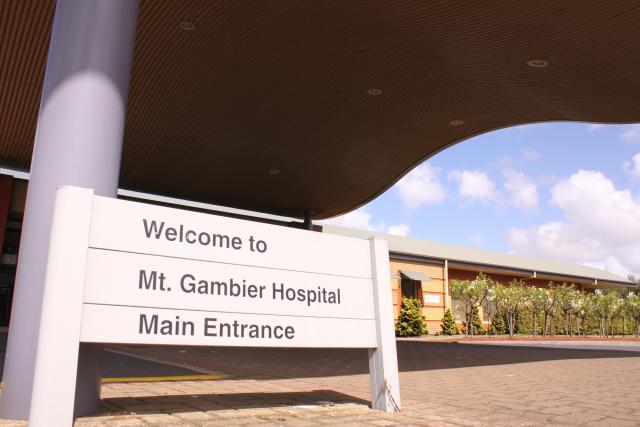
Charlotte Varcoe
PATIENTS residing in the Limestone Coast Local Health Network (LCLHN) catchment area will continue to wait for metropolitan elective surgeries, with 29 per cent classified as overdue.
Across the state, there are 3718 patients residing in South Australian regional local health network catchment areas who are ready for care on a metropolitan health network surgery waitlist.
Of those patients, 1013 are overdue.
Within the LCLHN catchment area, there are 278 patients residing who are ready for care on the waitlist with 80 being overdue.
It comes as the elective surgery waitlist for the state reaches more than 20,000 cases with metropolitan hospitals continuing to deal with ramping issues.
The elective surgery queue last topped 20,000 cases in January 2021 as the pandemic caused cancellations, but was well under this figure during 2023
Within the system there are three clinical urgency categories used.
Category one procedures are clinically indicated within 30 days while category two is indicated within 90 days and category three is indicated within 365 days.
According to SA Health, the median wait time for elective surgery patients who are ready for care on the Mount Gambier and District Hospital waitlist are all within the clinical prioritisation categories.
These categories include 21 days for category one, 40 days for category two and 112 days for category three.
LCLHN acting chief executive Angela Miller said hospitals and the wider health system had been under “consistent pressure” with inroads underway to help manage overdue elective surgery waitlists.
Ms Miller said this was done by introducing measures which create further capacity in the health system and free up staff.
“These measures include working with the private sector to utilise available additional capacity for elective surgery, as well as working to find appropriate places and supports for NDIS and aged care patients ready for discharge,” Ms Miller said.
“We constantly review surgery lists and when a decision is made to postpone, clinically urgent cases are always prioritised and patients are given as much notice as possible.”
She said for patients travelling to metropolitan hospitals there may be additional complexities in coordinating their surgery.
This could include their availability to travel and where appropriate, the availability of an escort to accompany and support them during their stay.
“In many cases, this requires time off work for both the patient and their escort, and at times coordination of providing care for dependents,” Ms Miller said.
“Patients also have the option to delay their surgeries themselves due to personal circumstances or changes in their availability, which are also recorded as postponements.
“We understand delaying elective surgeries is disruptive for patients and their families and apologise to any patient adversely affected.”







